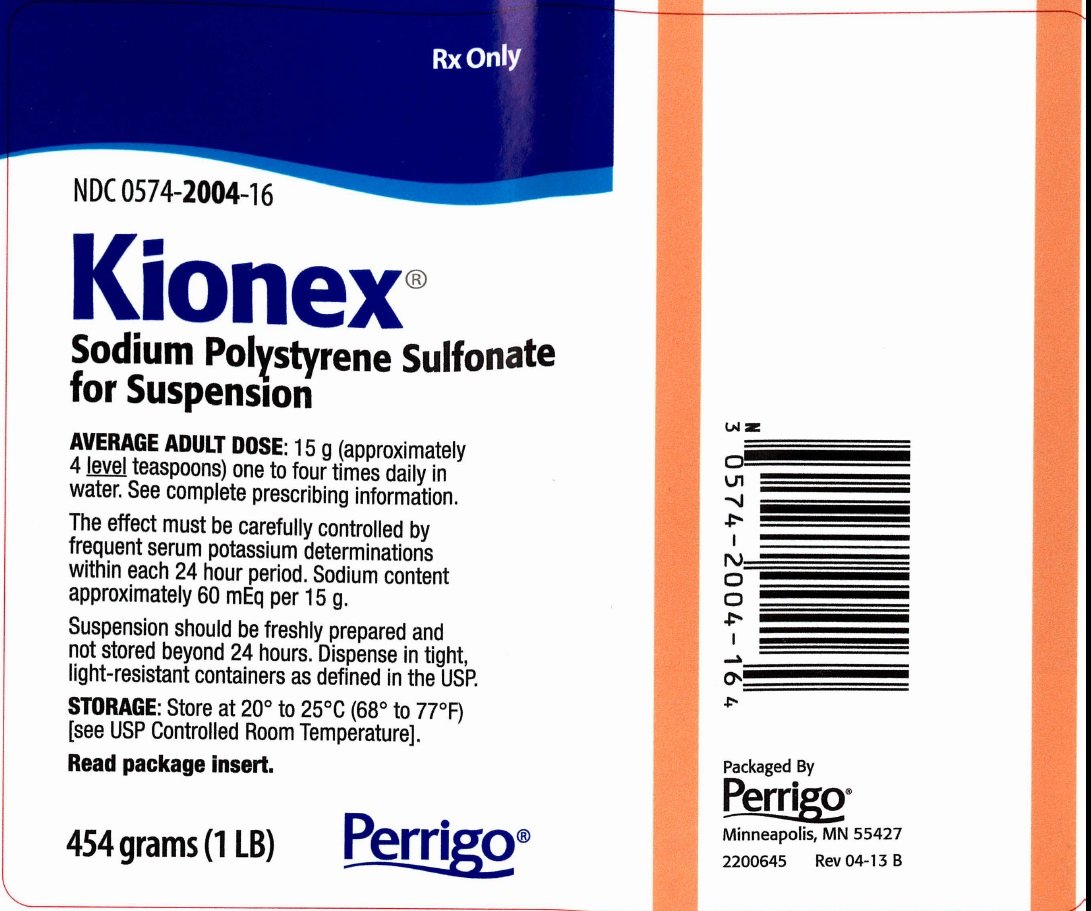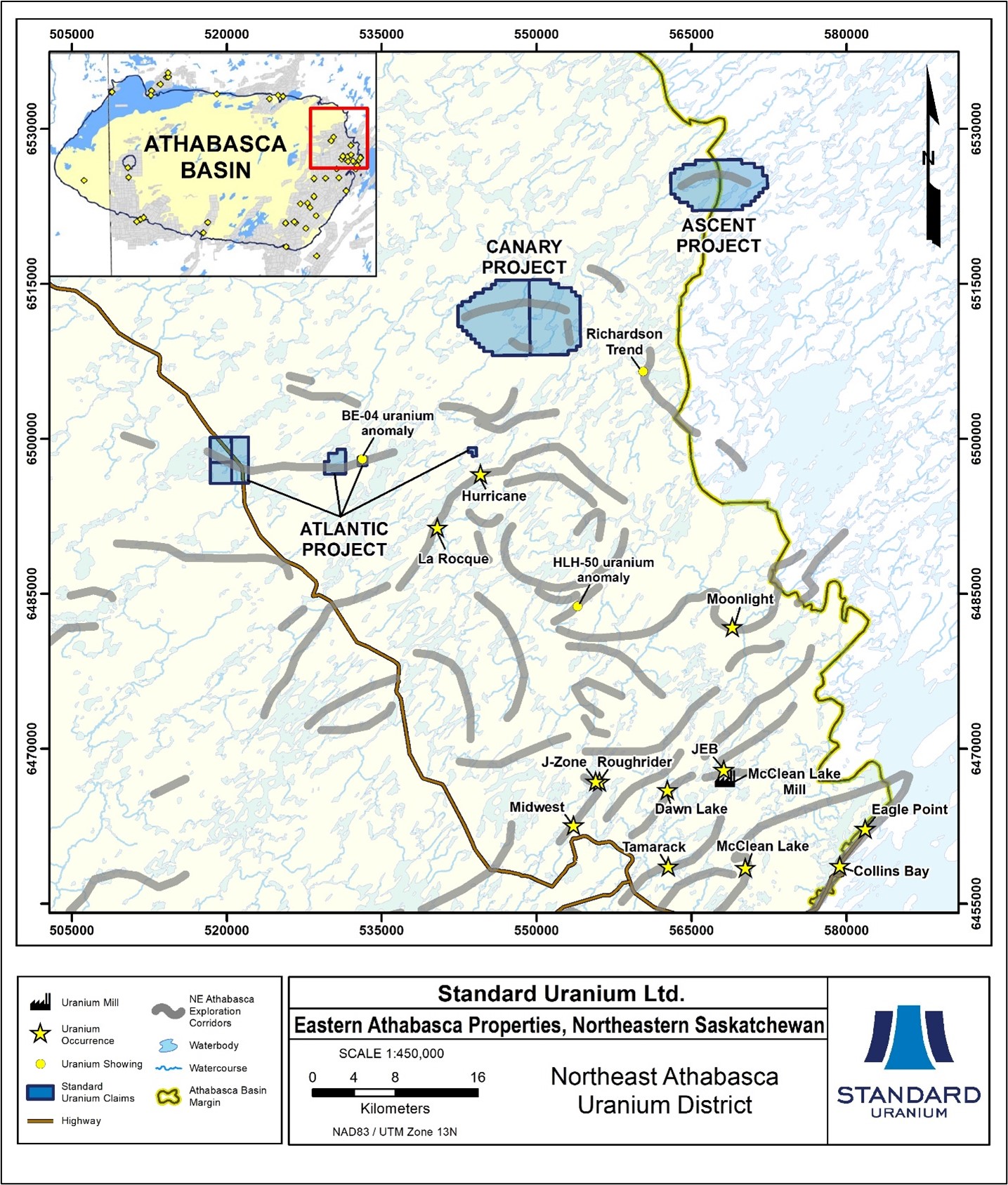The Department of Transportation (DOT) has announced new regulations regarding refunds for air travel delays and the elimination of hidden fees. These rules aim to address the challenges faced by travelers and improve customer service in the airline industry.
Under the new rules, airlines will be required to provide automatic full cash refunds to passengers in the event of flight cancellations or significant delays, missing checked bags, or undelivered services such as Wi-Fi. The refunds will be delivered within seven business days for credit card purchases, without passengers needing to request them. Vouchers or travel credits will only be allowed if the passenger agrees.
Additionally, the DOT intends to end the practice of “drip pricing,” where customers are hit with additional fees after starting the purchase process. Airlines, online travel sites, and ticketing agents will be required to disclose all fees upfront, including ancillary fees for checked bags, carry-ons, and reservation changes or cancellations. Airlines must also inform customers that seat assignments are not necessary to guarantee a seat on a flight, and advertisements must include all fees in the displayed price.
The DOT estimates that these new rules will save U.S. passengers over $500 million. The department has been actively pursuing passenger refunds, with a total of $3 billion in refunds helped to be pursued. The DOT has also established a platform to explain airline policies on delays and cancellations and has collaborated with state attorneys general to expedite the review of consumer complaints.
Transportation Secretary Pete Buttigieg, who initially faced criticism for not taking stronger action against airline abuses, has shown a shift in regulatory approach. The DOT has become more stringent with airlines, blocking mergers, issuing fines, and securing refunds for affected passengers. The recent rules on refunds and hidden fees are seen as a positive step towards protecting travelers and holding airlines accountable.
The DOT is also considering other rulemakings, including proposals to ban fees for families who want to sit together, improve accessibility for passengers with wheelchairs, and require compensation for delayed flights, such as hotel and meal expenses. The department has initiated an investigation into the potential sale of consumer data to third parties or its use for targeted advertising during flights.
The implementation of these new rules reflects the DOT’s commitment to passenger protection and its recognition of the importance of tangible results for the public. The positive feedback and outcomes resulting from these policies serve as a roadmap for future personnel in delivering effective and consumer-focused policies within government agencies.











